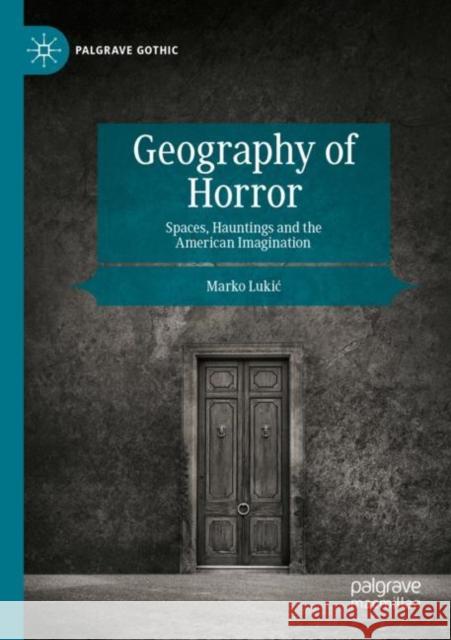Geography of Horror: Spaces, Hauntings and the American Imagination » książka
topmenu
Geography of Horror: Spaces, Hauntings and the American Imagination
ISBN-13: 9783030993276 / Angielski
Geography of Horror: Spaces, Hauntings and the American Imagination
ISBN-13: 9783030993276 / Angielski
cena 443,82
(netto: 422,69 VAT: 5%)
Najniższa cena z 30 dni: 424,07
(netto: 422,69 VAT: 5%)
Najniższa cena z 30 dni: 424,07
Termin realizacji zamówienia:
ok. 22 dni roboczych.
ok. 22 dni roboczych.
Darmowa dostawa!
Kategorie:
Wydawca:
Palgrave MacMillan
Seria wydawnicza:
Język:
Angielski
ISBN-13:
9783030993276











